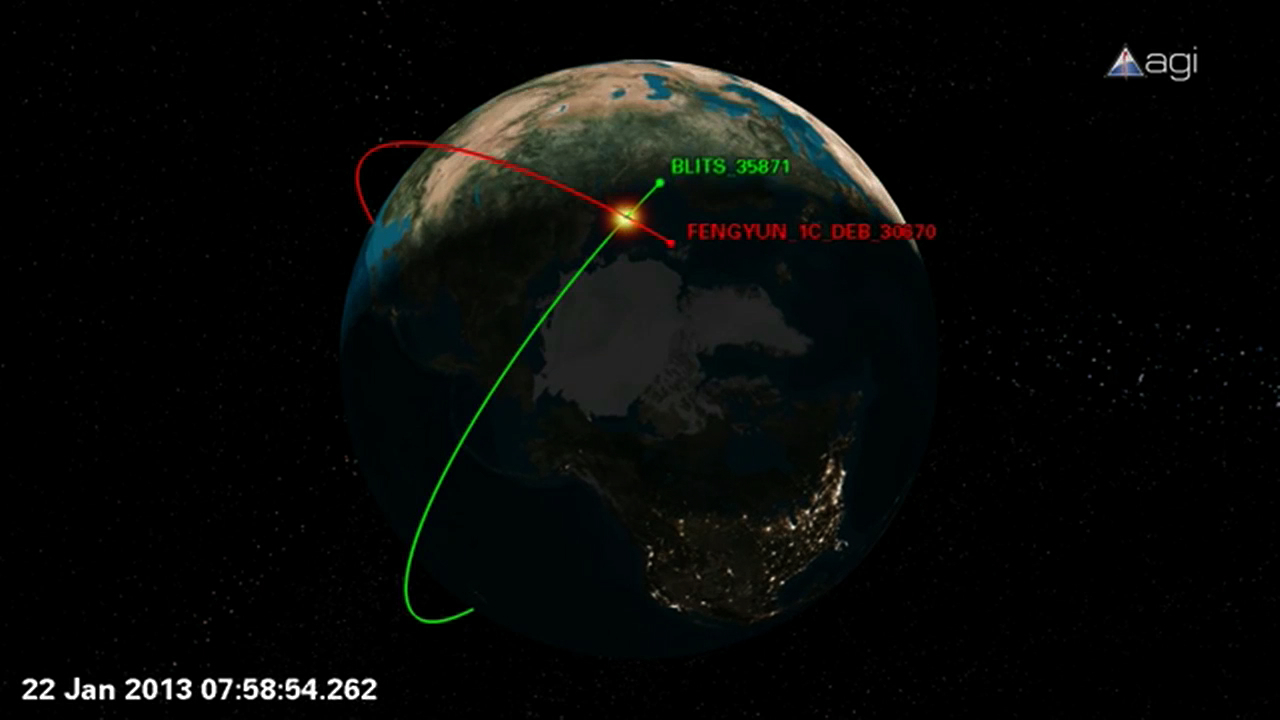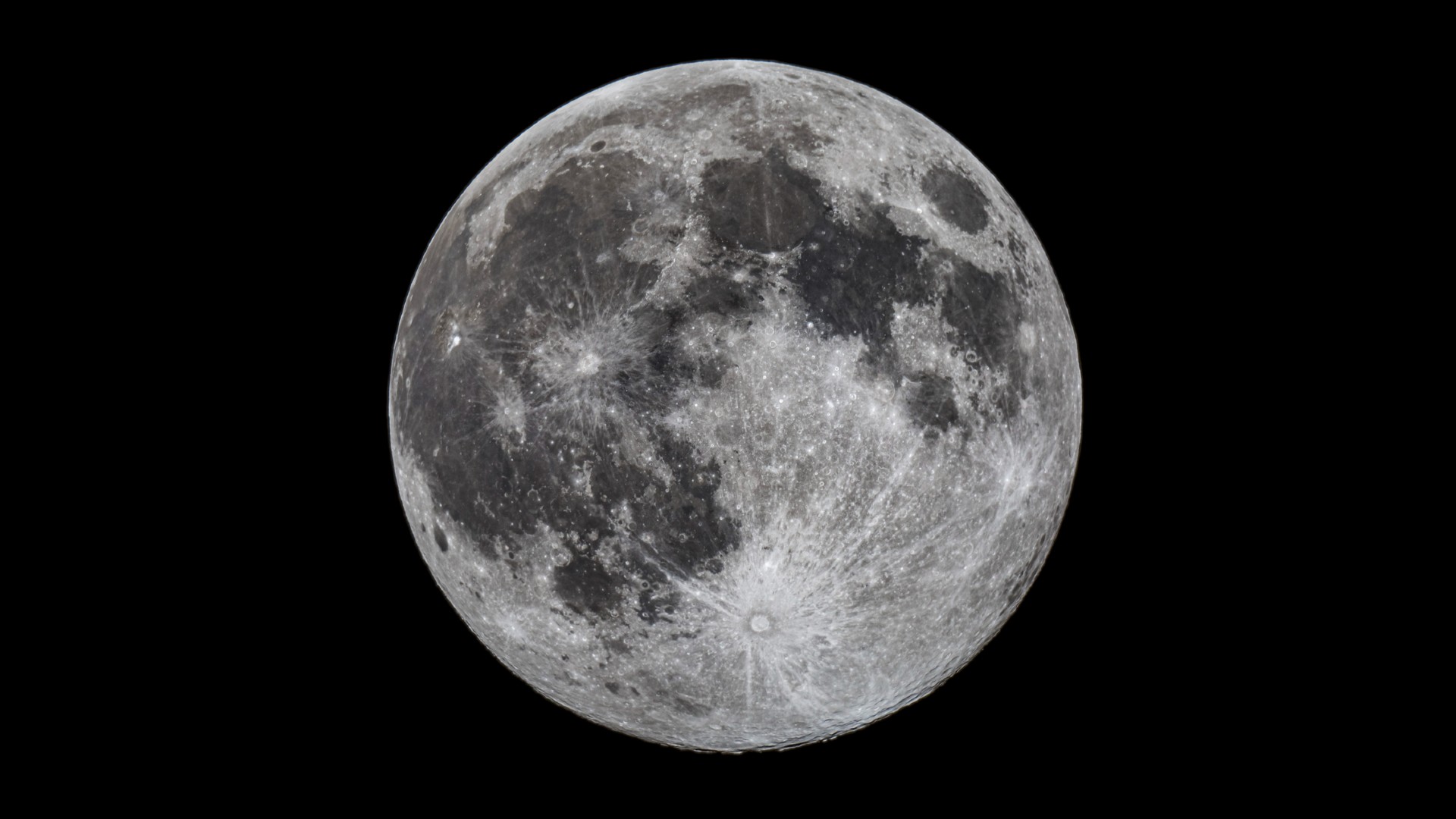Star Wars: US Must Prep for Space Battles, Commander Says

The United States needs to make clear that it's ready and able to fight a war that extends into space, a top military official said.
Such a "preparation without provocation" strategy would both protect American space assets and help prevent conflicts from flaring up in the final frontier, said Navy Vice Adm. Charles A. Richard, deputy commander of U.S. Strategic Command (USSTRATCOM).
"Just as nuclear assets deter aggression by convincing potential adversaries there's just no benefit to the attack, we have to maintain a space posture that communicates the same strategic message," Richard said on March 22 during a presentation at a Center for Strategic and International Studies conference in Washington, D.C. [The Most Dangerous Space Weapons Concepts]
"I submit [that] the best way to prevent war is to be prepared for war, and we're going to make sure that everyone knows we're going to be prepared to fight and win wars in all domains, to include space," he added.
The United States has long ruled "the ultimate high ground" of space, launching sharp-eyed satellites and other high-tech gear that have given the nation critical advantages on the battlefield. But that supremacy is under threat today, Richard said, citing reports that both China and Russia are developing a range of advanced anti-satellite (ASAT) technologies.
Indeed, space is no longer the "benign environment" it used to be, he said.
"While we're not at war in space, I don't think we can say we're exactly at peace, either," Richard said.
Breaking space news, the latest updates on rocket launches, skywatching events and more!
This changed situation in orbit is part of a larger struggle for control that's playing out around the globe, he added.
"Major power competition is back on the table in a way that we have not seen in the world for perhaps 15 or 20 years," Richard said. "That applies in all domains."
The United States should work to deter not just conflict, but also "bad behavior" in space, such as the 2007 Chinese ASAT test that created 3,400 new pieces of trackable orbital debris, Richard added.
"Our goal ultimately is to promote secure access to space so it can be explored for generations to come," he said. "While we view space as just another domain — like land, air, sea and cyber — it is still something special. It is still a domain that people look up to and dream. And it's USSTRATCOM's job to help keep it that way."
You can watch Richard's entire presentation here.
Follow Mike Wall on Twitter @michaeldwall and Google+. Follow us @Spacedotcom, Facebook or Google+. Originally published on Space.com.
Join our Space Forums to keep talking space on the latest missions, night sky and more! And if you have a news tip, correction or comment, let us know at: community@space.com.

Michael Wall is a Senior Space Writer with Space.com and joined the team in 2010. He primarily covers exoplanets, spaceflight and military space, but has been known to dabble in the space art beat. His book about the search for alien life, "Out There," was published on Nov. 13, 2018. Before becoming a science writer, Michael worked as a herpetologist and wildlife biologist. He has a Ph.D. in evolutionary biology from the University of Sydney, Australia, a bachelor's degree from the University of Arizona, and a graduate certificate in science writing from the University of California, Santa Cruz. To find out what his latest project is, you can follow Michael on Twitter.
